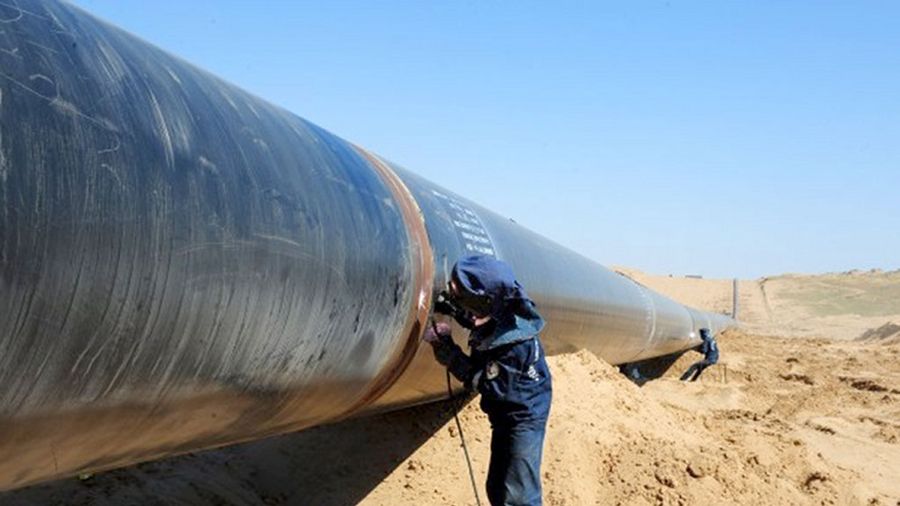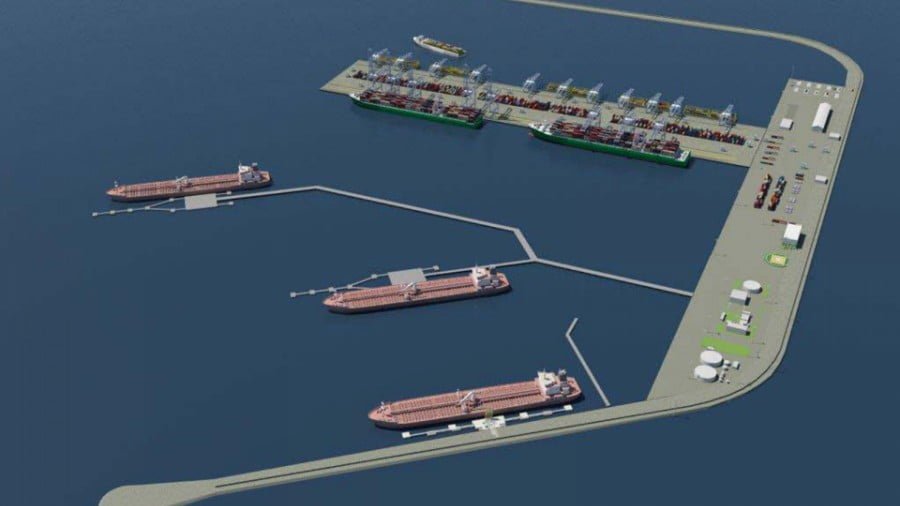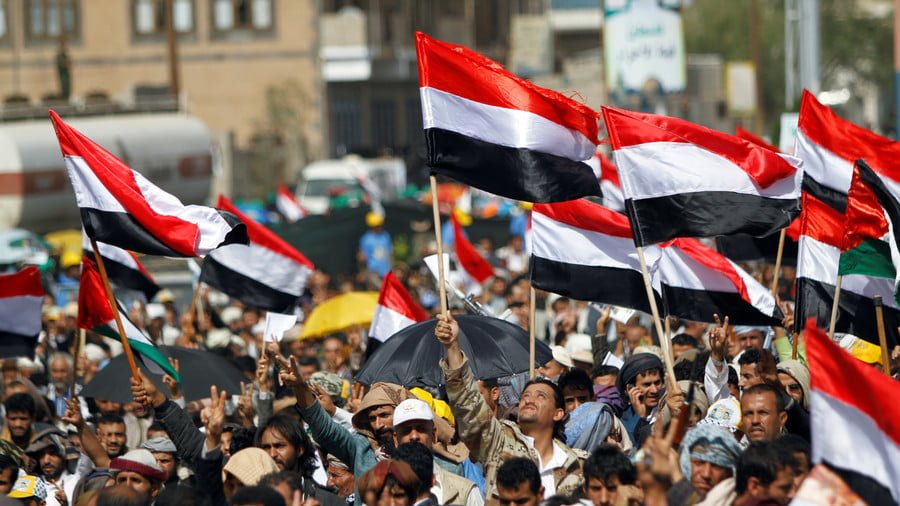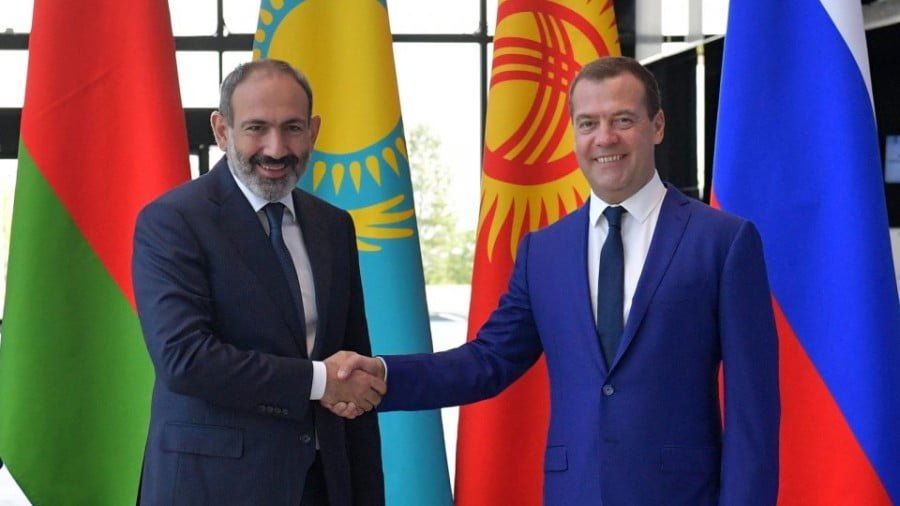Why is the TAPI Gas Pipeline So Important to Turkmenistan?
Turkmen President Gurbanguly Berdymukhamedov strictly adheres to the policy of his predecessor, Saparmurat Niyazov. The present leader of the country, who bears the official title of Arkadag, translated as patron from the Turkmen language, does his best to ensure that the state entrusted to him remains permanently neutral.
The policy of neutrality has led Turkmenistan to minimize contact with other countries. As a consequence, the Turkmen economy has been badly affected. Due to the fact that citizens of Turkmenistan are tacitly forbidden to travel abroad. Legal Turkmen labor migrants cannot be found in any country of the world. It is also difficult to find goods that are made in Turkmenistan outside the state. To keep the country viable, the Turkmen authorities actively export energy resources. It is the supply of oil and gas that forms the bulk of Turkmenistan’s national income.
In December 2015, a very important and significant event for the entire Central Asian region took place in the Turkmen city of Mary: the construction of the Turkmen section of the TAPI gas pipeline (Turkmenistan-Afghanistan-Pakistan-India) began. The agreement between these countries on creating a gas pipeline was signed back at the end of 2010. The almost 2,000 km long pipeline will run from the gas-rich southeast of Turkmenistan, home to one of the world’s largest, the Galkynysh Gas Field, to the Indian town of Fazilka near the India-Pakistan border. More than 200 km of the pipeline will run across the lands of Turkmenistan. On the territory of Afghanistan, the gas pipeline should pass through the cities of Herat and Kandahar.
Under the 30-year agreement that the State concern “Turkmengas” has signed with the Afghan Gas Enterprise, Pakistan’s ISGS, and GAIL (India) Limited, Turkmenistan will supply up to 33 billion cubic meters of gas per year, or 90 million cubic meters per day, through TAPI. Out of this amount, 38 million cubic meters will go to India and Pakistan each, and 14 million cubic meters to Afghanistan. Construction completion was initially planned for 2019, but the pipeline’s start date has been postponed several times. The cost of the project, according to various expert estimates, should be approximately $12 billion.
Afghanistan, India, and Pakistan are experiencing energy shortages amid ever-growing demand, and therefore the importance of the TAPI project for these countries is extremely high. Pakistan and India have their own gas fields, but they barely have enough for their own needs. In India, gas consumption exceeds production many times over, and the country has to import liquefied gas delivered by sea.
In addition to the original participating countries, Bangladesh is also interested in joining the project. In recent years, Dhaka representatives have not made any official statements regarding the purchase of Turkmen gas.
As for Turkmenistan, TAPI is part of an ambitious program to diversify export routes for gas export. Most of Turkmenistan’s gas pipelines were built under the Soviet Union and targeted to supply gas to Russia. To date, Turkmenistan continues to sell its gas to Russia’s Gazprom, but Ashgabat has recently sought new partners to boost its revenues.
Particular attention should be paid to the fact that a significant part of the pipeline should run through the territory of Afghanistan, which was severely damaged during the war and recently found itself under complete control of the Islamist movement “Taliban” (banned in Russia). When the Taliban seized power, Turkmen diplomats recognized the new Afghan leadership not to suspend such an ambitious project. Ashgabat is aware that the new leadership of Afghanistan, like the previous one, is interested in implementing the TAPI project, as the country needs energy resources for the stable growth of the economy.
Supporters of TAPI gas pipeline construction believe the gas pipeline running through Afghan territory will significantly improve the economic situation in the country. For their part, skeptics question whether there is a realistic possibility of securing the construction and continued operation of the pipeline in today’s Afghanistan, especially in dangerous regions such as Herat and Kandahar.
It’s worth remembering that Pakistan is also in the operative sphere of the Taliban, and the construction of a pipeline on Pakistani territory is only marginally safer than in Afghanistan. In April 2021, the country faced massive protests by supporters of radical Islamism, and many Pakistani localities have incredibly high levels of terrorist threats. However, the Pakistani government is officially recognized by the entire international community, and unlike the Taliban, irrational decisions are less likely to be expected from it.
In addition to security, another factor that raises doubts among some analysts is the economic feasibility of the TAPI project. Building such a long pipeline through turbulent territories would require considerable funds, which Turkmenistan may not be able to afford. There is a perception that it will take too long before the TAPI gas pipeline covers these costs and will threaten the project’s existence. However, Ashgabat remains interested in successfully completing its project to have additional markets for its energy resources.
On July 16, 2021, during an international conference in the Uzbek capital of Tashkent, Russian Foreign Minister Sergey Lavrov said that Russia is considering the possibility of participating in the construction of the TAPI gas pipeline. According to Sergey Lavrov, the development of oil and gas projects will positively affect the entire region’s economic growth.
The TAPI project continues to be very important for Turkmenistan. Through its implementation, the country will increase its profits and begin to play a more significant role in the region.







